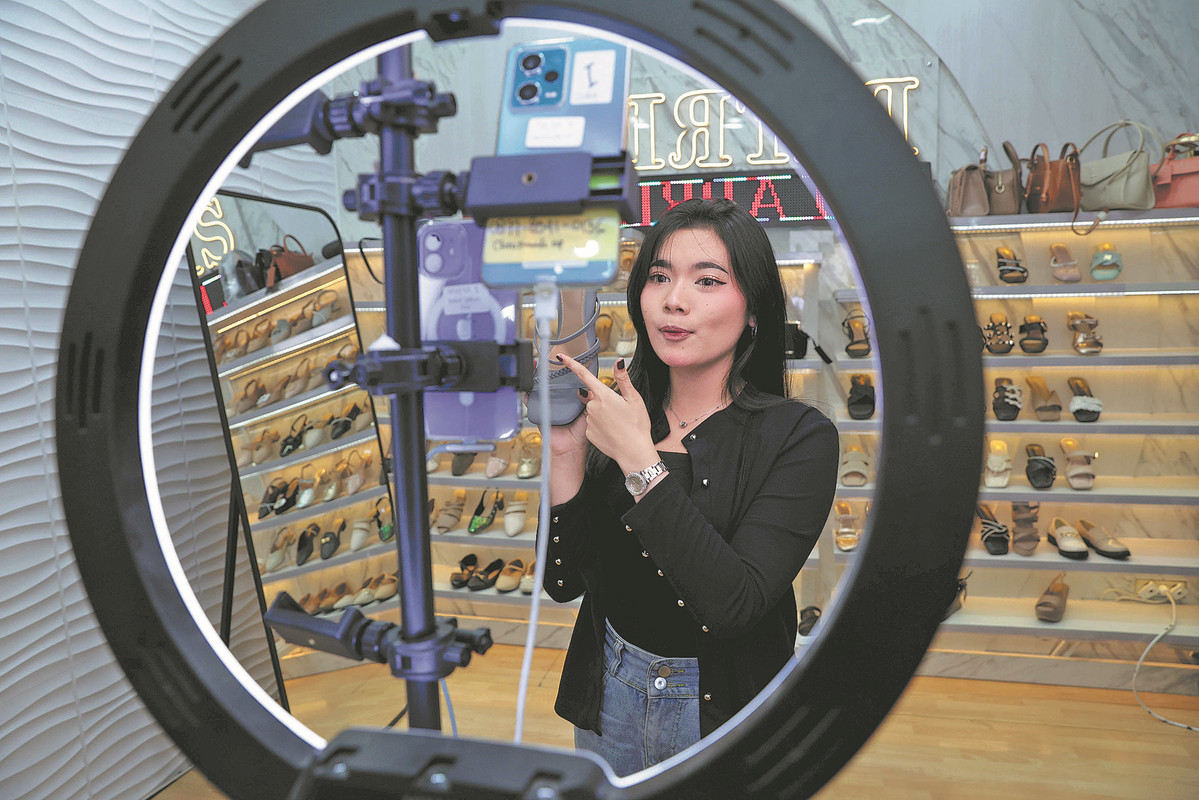Tariff turbulence propels ASEAN rethink
'One-sided' concessions, possible dumping raise concerns, experts say


New connections
In the meantime, the Philippines should scale down its dependence on the US market. "I don't think that we should be dependent on the US because of this ever-changing policy of the (Trump) administration. It's quite difficult to make a business or to do business if you keep on changing the reference point," Adriano said.
The best course of action is to diversify markets, and strengthen economic relationships with other trading partners like India and China, he said.
Palit of NUS said joining broader international groups and entering trade partnerships is important amid the rise of US protectionism.
He cited BRICS, which counts some of the world's largest emerging economies among its member states, as an example.
" (They) really offer between themselves large opportunities for exchanges … in terms of products that earlier used to be focused largely on the American market," he said.
There is the possibility of more bilateral trade agreements and multicountry coalitions emerging, Palit said.
"Maybe we will also see regional frameworks like the ASEAN Plus framework becoming much more effective," he said, adding that as such frameworks modernize, more opportunities for diversification will be created.
In the long-term, Tengku Zafrul believes the global trade system needs a new start in light of the challenges presented by high US tariffs.
"The past few months have amply proved that no country is an island, and that geopolitics goes hand-in-hand with geoeconomics," the Malaysian minister said at the Global Halal Summit.
"The global trading system needs a reset. It shouldn't be about stopgap measures. Neither can it be about creating new 'clubs'. It is about reimagining the architecture."
prime@chinadailyapac.com
























